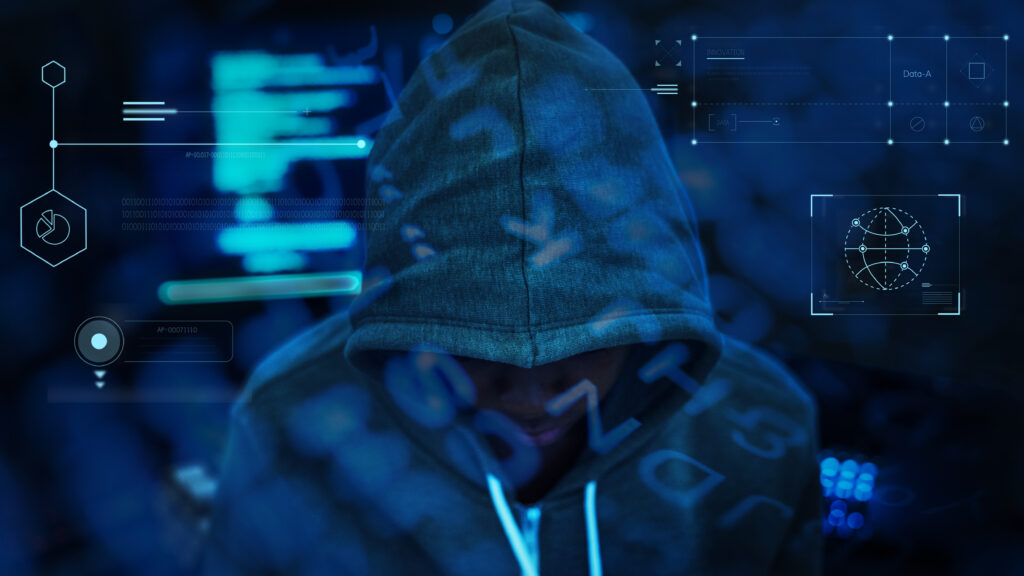Handling Cyberbullies online

Bullying is not new; we’ve been facing this for centuries. The difference is, in today’s digital world we have anonymity. There is often no restraint in the level and degree of harshness of the words used and the onslaught via various platforms.
Because it is in electronic format, many people are exposed to the message at once and it’s easier for people to share and comment. South Africa has the 4th highest rate of cyberbullying worldwide. An astonishing 1 out of 5 teens have fallen prey to cyberbullying and 84% of classmates know of someone who has been a victim. This behaviour has far-reaching consequences that we are only now starting to scratch the surface of. Cyberbullying can be hard to recognise, and even harder to accuse someone as they create fake accounts or use screen names. It occurs on all digital platforms but especially on YouTube streaming channels, WhatsApp groups, social media and gaming chat rooms.
Cyberbullying can be identified in various forms. Being aware of these will help you identify and recognise it when it is happening to you.
Flaming: Online arguments involving personal attacks.
Outing: This is where a victim’s sexual orientation is disclosed without consent.
Trolling: Instigating conflict deliberately via aggressive and hurtful messages.
Doxing: Publicly exposing someone’s private information without permission.
Catfishing: Assuming the identity of the victim to hurt their online reputation.
Others include Name-calling, spreading false rumours, sending explicit images, cyberstalking, and exclusion.
Children don’t disclose when they are being bullied online, as they fear the repercussions of having their access to technology taken away and being embarrassed. We all make mistakes, say the wrong thing, or we can behave inappropriately at times. We are human. Showing compassion is essential when having these conversations.
Cyberbullying can feel like a wildfire around you, it is persistent, reaching way beyond your social circle, even your community. It’s permanent and traces
of this torture can be found for many years afterwards. It can be hard to recognise and without proof, it can be difficult to accuse the person behind it all.
The effects of cyberbullying are very real.
Ø It changes a child’s social circle and confidence.
Ø It can affect concentration at school, further impacting their personal lives.
Ø Severe cyberbullying and low EQ (Emotional intelligence) can cause anxiety, depression, and other stress-related disorders in victims. Sometimes resulting in attempted suicide.
Ø It can leave victims feeling disappointed, helpless, and crash their self-esteem. At a young age – This can be devastating.
How do you tell the difference between joking and bullying?
All friends joke around with each other, but sometimes it’s hard to tell if someone is just having fun or trying to hurt you, especially online. Sometimes they’ll laugh it off with a “just kidding,” or “don’t take it so seriously.”
However, if a child is feeling hurt or believes that others are laughing at them instead of with them, then the joke has gone too far. Call it what you will – if you feel bad and it doesn’t stop, then it’s worth getting help. Stopping cyberbullying is not just about calling out bullies, it’s also about recognizing that everyone deserves respect.
How do we protect them?
1. Give children the confidence and belief that they can talk to you or someone in your family about anything. Communication is key here.
2. Encourage them to Think. Before They Click! Retaliation only fuels the flames.
3. Set up a secret question for gaming platforms and chat rooms, only your real friends must know the answer to this question. It’s a way of making sure you speaking to the real person who knows you.
4. Play the appropriate games for your age and where possible switch off any chat functionality.
5. Use the tools provided on the platforms, report and block the behaviour.
6. WhatsApp users should be 16 years or older and you need to be at least 13 years old to use social media.
Parents should try keep up to date with the social media platforms their children are using and empower themselves to understand how to work these platforms, and the privacy settings available. Social Kids strongly believes that children under 11 do not have the EQ (Emotional Intelligence) to manage an online social environment and they often become targets for predators. We urge parents to bear this in mind when allowing children access to social platforms.
7. Make use of kid-friendly browsers and online monitoring tools.
8. Follow your child’s online journey, and be part of their discovery with a watchful eye.
9. Ensure they understand that they can say “No” on the internet and to strangers.
10. Openly discuss being bullied as a child yourself or share stories.
11. Ensure they ask for permission when sharing images or stories. It will become second nature and become an expectation for them from their friends.
12. Agree to the boundaries ahead of time together. Like a contract, once your child agrees and understands why there are boundaries it will be easier to enforce them.
13. Teach your children healthy digital habits like password protection, updating their privacy settings regularly, and finding a screen time balance.
14. Encourage your child to engage in face-to-face and social interaction on the playground. By instilling confidence and the ability to appropriately engage with different people, you help equip them to better deal with an online comunication etc.
Globally only 13% of children report being bullied online. This is a real concern and indicates that they don’t have the belief that they can get help when they need it. We need to give our children the confidence to stand up for themselves, not to be embarrassed and educate them on how to react when this happens to them. Codey Crawler can help.
Register your child for a once-off fee of R500 to have access to all 5 adventures, parent guides and supervised online classes.
